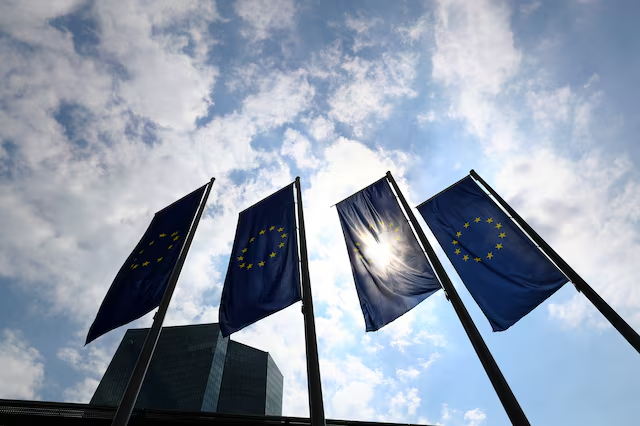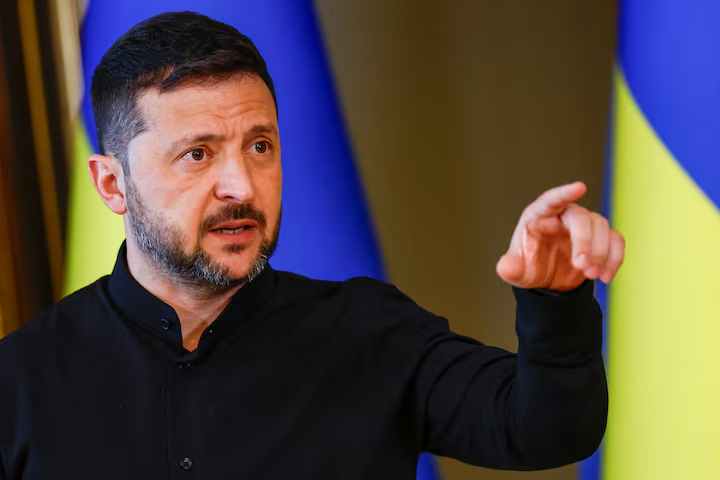In a significant policy reversal, U.S. President Donald Trump declared on May 13, 2025, that he would lift all American sanctions on Syria. This announcement came during his visit to Riyadh, Saudi Arabia, and precedes a scheduled meeting with Syria’s interim President Ahmed al-Sharaa, a former al-Qaeda commander who assumed power following the ousting of Bashar al-Assad. Trump stated that the decision was influenced by discussions with Saudi Crown Prince Mohammed bin Salman and Turkish President Tayyip Erdogan, both of whom advocated for the removal of sanctions to facilitate Syria’s reconstruction.
The lifting of sanctions aims to reintegrate Syria into the global financial system, thereby easing foreign investment, trade, and humanitarian efforts in the war-torn nation. Trump emphasized the opportunity for Syria to “shine” and rebuild, asserting that the sanctions had fulfilled their purpose and it was time for progress.
This unexpected move has elicited varied reactions. The United Nations welcomed the decision, viewing it as a critical step toward Syria’s recovery after 13 years of conflict that devastated infrastructure and plunged over 90% of its population into poverty. Conversely, Israeli officials expressed concern over the normalization of relations with Sharaa, citing his Islamist background despite his severance from al-Qaeda in 2016.
Within the U.S. administration, the announcement caught many off guard. Officials from the State and Treasury Departments, responsible for managing sanctions, were reportedly unprepared for the policy shift and are now working to navigate the complex process of lifting the multifaceted sanctions regime, including those under the Caesar Syria Civilian Protection Act.
Economically, the decision has sparked optimism among investors and the Syrian diaspora. Business leaders from the Gulf region and Turkey are exploring opportunities in sectors such as education, infrastructure, and culture. The Syrian pound has shown signs of strengthening, and inquiries from potential investors have increased. Syrian Finance Minister Yisr Barnieh highlighted the country’s vast investment potential, signaling a possible economic revival.
Trump’s announcement marks a pivotal moment in U.S. foreign policy, signaling a willingness to engage with Syria’s new leadership and potentially reshape alliances in the Middle East. As the region responds to this development, the long-term implications for Syria’s political and economic landscape remain to be seen.
Source: Reuters



